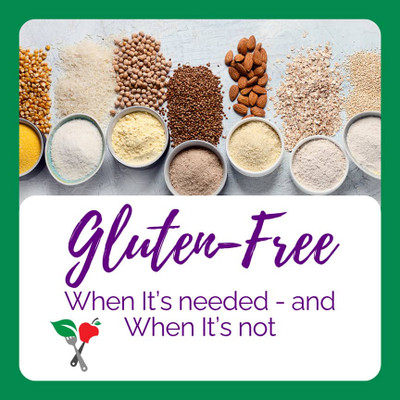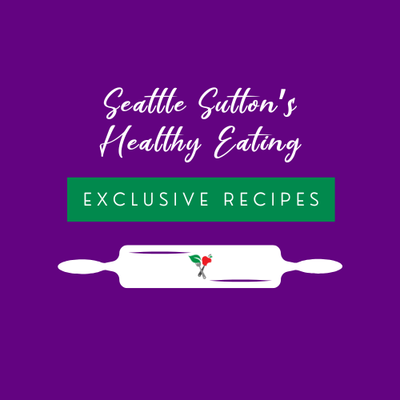Clean eating…what is it? There is no real definition of “clean eating,” but rather it is a common-sense approach to eating healthier. Here in America, we are accustomed to eating foods that are heavily processed. Eating foods that in no way resemble fruits, vegetables, grains or healthy protein is very common in the Western world. However, it is not the best diet for a healthy weight or healthy lifestyle. Taking a “clean” eating approach reminds us to eat whole foods, or "real" foods which are unprocessed or minimally processed, refined, and handled, making them as close to their natural form as possible.
Health Benefits of Clean Eating
There are many health benefits to be gained when switching to “clean” eating. There is a focus on whole and natural foods including mostly vegetables, fruits, unprocessed whole grains and lean proteins, which will improve energy levels, cardiovascular benefits, digestive benefits, and overall a more well-balanced diet. If the diet is used as a general eating philosophy or as part of a healthy diet with calorie limits, then weight loss is likely.
Potential Difficulties of Clean Eating
There are not many healthy related downfalls when approaching this type of eating philosophy, but some may find it hard to follow. While this type of approach encourages eliminating high sugar foods and heavily processed foods, going cold turkey can be difficult for some people. Also, consumers may see their grocery bill rise as fruits, vegetables, and lean proteins may be more expensive than the overly processed foods. And it is always important to remember that without a calorie limit, some people may overeat and gain weight even when eating clean.
Clean eating is a simple concept, but can be hard to follow for some people because of its generality. The philosophy is more about being mindful of the food's pathway between its origin and your plate, and less about specific calorie levels or certain nutrients. Taking the approach to eat more wholesome foods will always have numerous health benefits.
Start Your Healthy Journey Today!
Order NowFind More By Category







 Weight Loss
Weight Loss Health & Wellness
Health & Wellness Diabetes
Diabetes Heart Health
Heart Health Motherhood & Family
Motherhood & Family Dietary Restriction
Dietary Restriction Other Health Conditions
Other Health Conditions About SSHE
About SSHE


